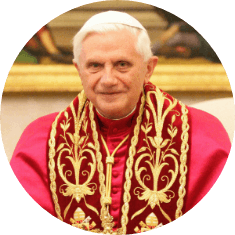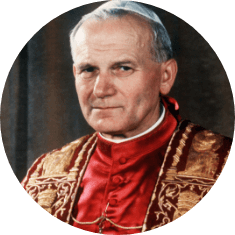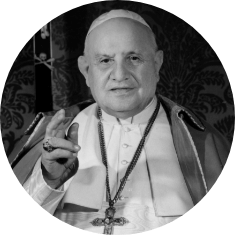God in heaven, we thank you for so many generations of diverse Catholic people who before us labored to build your Church in Baltimore. We praise you, for through their faithfulness, we received your gift of Faith, Sacraments, Community, and Service to our neighbor. We ask you for the grace we need to come together again, gathered by your Word and by your Son’s presence in the Eucharist, to respond anew to your call, here and now, to seek joyfully the city to come.
With the aid of Mary, Our Queen, renew our hearts. Give us courage to deepen our commitment to our Savior, to be witnesses of his Gospel to all the people of Baltimore, and to accept the challenge to dream boldly and recreate your Church in our City.
Guide us by your Holy Spirit, we pray in hope, to embrace together what you call us to embrace, and to let go where you call us to let go, for your glory and for the good of our Church, through Christ, our Lord. Amen.










